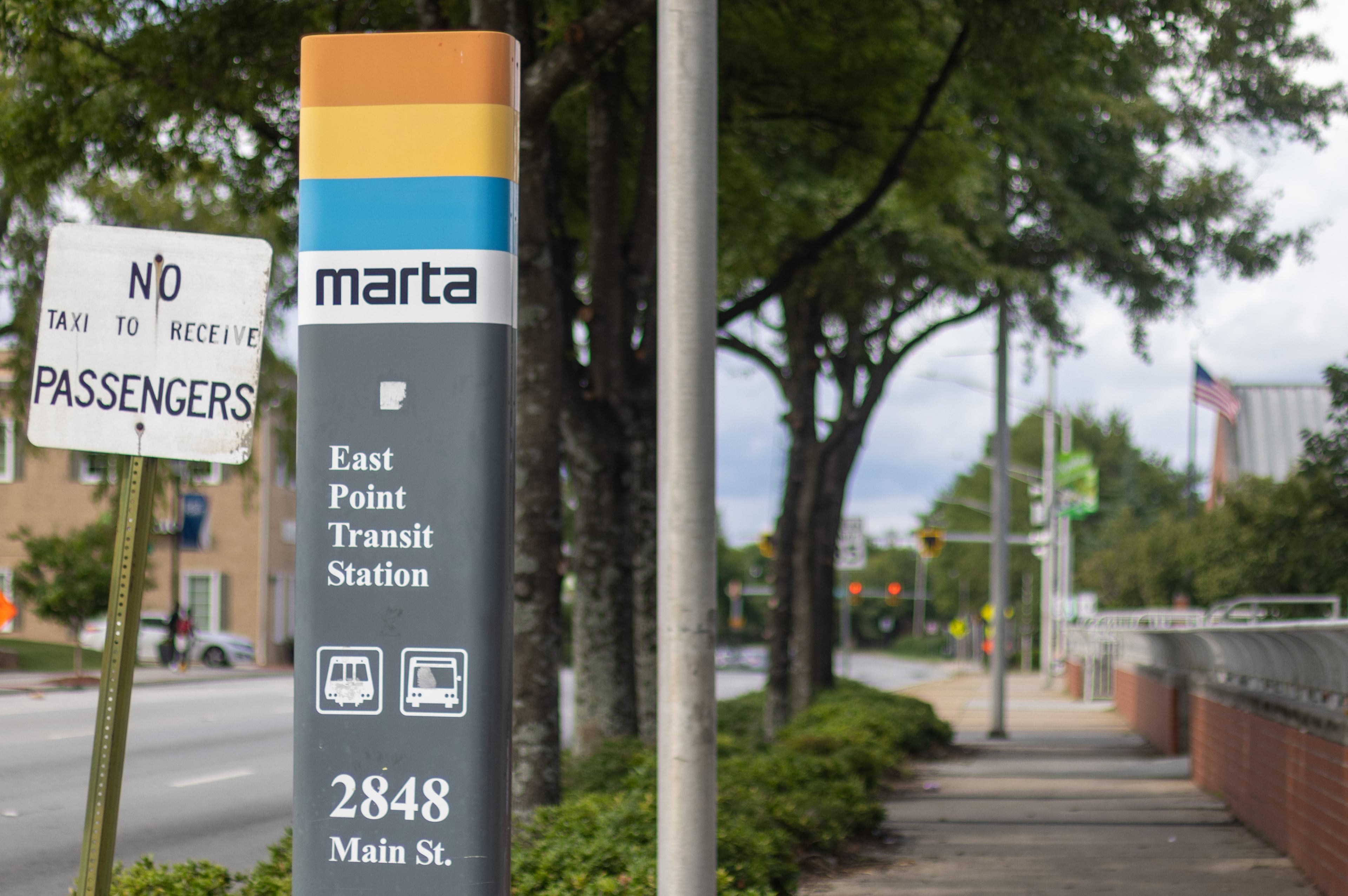Atlanta point-in-time survey says homelessness up over last year

A new homelessness survey suggests there may be more people in Atlanta without a permanent roof over their heads this year than in 2022.
Atlanta’s homeless population in January was 2,679 — 738 people found sleeping on the streets on the night of Jan. 23, and an additional 1,941 people who were living in shelters from Jan. 23-30 — according to the annual Point in Time Count of the city’s homeless.
Last year, the survey found 640 people unsheltered and an additional 1,377 in shelters.
The Point In Time project is conducted by Partners for HOME, and is a mandated count of homelessness throughout the country. In Atlanta, the organization used 250 volunteers to survey in 243 neighborhoods that make up the city.
The survey is imperfect. Many people float in and out of homelessness or move to new areas. But the data collected provides the best estimate of the city’s number of sheltered and unsheltered people experiencing homelessness, according to a report accompanying the survey results. And it is used by government officials to determine where resources should be spent.
“The numbers could change over the summer months, in the warmer months,” said Partners for HOME CEO Cathryn Vassell. “The number of people in shelters could vary in the winter months when it’s colder, so there’s a lot of things that can impact — even just throughout the course of the year ― the number of people in our system experiencing homelessness at any given time.”
The report also says the total number of people experiencing homelessness since 2017 is down 893 individuals.

Interviews are also an important part of the count. Vassell said they surveyed 1,333 people in emergency shelters in January, a substantial 84% increase from last year. The city opened additional warming center beds because of brutally cold temperatures this year, but Vassell also said she thinks the relaxation of coronavirus protocols caused a “significant increase” in shelter use.
Raphael Holloway, CEO of Gateway Center, the organization managing a hotel that houses some of the city’s homeless, said Wednesday at the report’s presentation that the survey will help guide his organization’s work.
“I’m very excited to have this opportunity — not only to receive the most recent data that helps guide our work and upgrade our strategies and innovations that we will use to address the issue of homelessness in our community, but for the reality that the data represents,” Holloway said.
Partners for HOME launched a COVID-era “LIFT 1.0″ plan in 2020 to put 800 homeless households in stable housing. They ultimately rehoused 832 households and diverted another 1,077 households from the homeless system.
Last year, the nonprofit launched “LIFT 2.0″ to help 1,500 households by Dec. 31, 2024. So far, 213 households have been helped.
Partners for HOME, unfortunately, still reported Wednesday that housing placements have declined by 532 since last year in correlation with the increase in Atlanta’s homelessness.
Vassell acknowledged that they have programs annually that close and lose funding, including a number of their rapid rehousing, permanent supportive housing, and veterans housing programs that are supported by subsidies.
“We were also challenged with increased rents and increased vacancy rates,” Vassell said.
Vassell said the nonprofit’s work was slowed down by “dramatic spikes in rents” at 30%, combined with “some of the highest vacancy rates that we’ve seen as a community over the course of 2022.”
However, Vassell also said the housing market is “softening now,” so they’re trying to increase home placements for the homeless population.
“I think the reality is we need to see continued investment at the right pace and scale to realize the declines that we want to realize and to be able to reduce homelessness in our community,” she said.
Additional data from the 2023 Point In Time survey:
- 83% of those surveyed were Black (13% white, 4% Hispanic).
- 70% were men (28% women, 1% identified as transgender).
- 34% over age 55. (8% are 65 and up. 7% ages 18-24, 11% underage).
- 22% were chronically homeless, defined as being homeless for at least a year.
- 9.4% were veterans.



